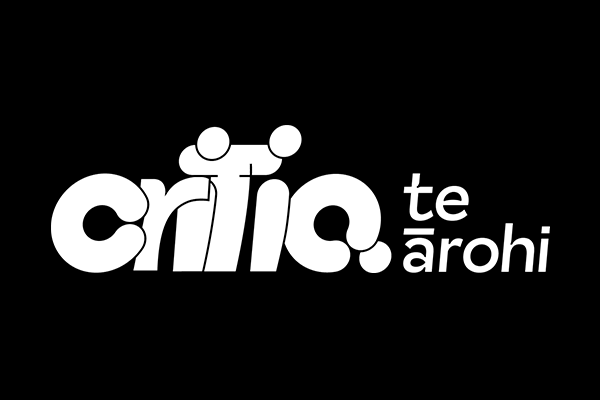I read Zak Rudin’s Critic Te Ārohi article with interest (‘MINOR CONFUSION! Announcement elicits fears’). As the person who apparently said several things quoted, I want to set the record straight, as a number of comments have been misinterpreted, conflated and confused in the telling. I also need to address claims in an earlier article about syphoning off of sector funding.
I was part of a question-and-answer session at the TEU conference on Budget day. The Government had just announced a number of investments in the sector and the Minister was there to talk about them. I mentioned I had been to Otago recently and had had discussions with the VC and Chancellor about its situation, and I was confident they were taking the steps necessary to address the university’s financial issues.
At no time did I say we were talking to Otago about “funding universities via student debt” or raising fees. Universities are independent by law. We can’t and don’t tell them how to manage themselves, and it’s an important principle to maintain.
What I did tell the conference is that the tuition subsidy increase of 5% would make a material difference ($521 million over four years) and that the Ministry of Education would soon be consulting on the Annual Maximum Fee Movement for 2024. These two facts have been conflated and misinterpreted. The basic maths is that universities could never be funded by increasing “student debt”. Domestic student fees only cover about 19% of university costs and fee increases are capped.
Critic also published “$355 Million for Tertiary Sector Reappropriated” which made a number of incorrect claims as a result of confusing funding, fees free and student loans. The key point is, an additional $521 million in this year’s Budget is going to tertiary organisations to support teaching by increasing the amount of funding for each equivalent full-time student. Funding for future years is only an estimate because, as Otago has seen this year, the student numbers you expect are not always what you end up with, and the Government is not going to pay for students who aren’t there.
As to whose side am I on? I’m on the side of a vibrant and sustainable university sector that has the interests of learners at its centre.
I get that there is a lot of uncertainty in universities – for students and for staff. It’s something a lot of people across the country have faced in the last three years. Universities are a vital part of our society and economy and we all have an interest in them being highly successful and, of course, financially sustainable.
An important part of our role is understanding what they are doing and communicating that to the rest of government, because the Government has billions invested in them and huge expectations in terms of the contribution they will make to our future.
I also want to assure you that the TEC takes the learner voice very seriously. We regularly meet with student representatives, at local and national level, to hear their perspectives and build them into our plans and policies. If Critic or OUSA has questions about what we’ve said, recent announcements, or how the tertiary funding system works, the TEC is always willing to answer them.
Ngā mihi nui,
Tim Fowler
And a Response to this Response…
Kia ora team,
I offer a brief response to Tim Fowler's recent correction piece.
I appreciate that perhaps this has been a miscommunication rather than deliberate obfuscation.
While Mr Fowler’s intent may have been to present two distinct points, the hundred or so tertiary sector delegates and student representatives in the room interpreted the comments offered differently to Mr Fowler’s apparent intent.
Nonetheless, we are pleased to hear that there have been no closed-door discussions about increasing student fees as a funding mechanism, and agree that this would be a nonsensical approach.
Regarding the assertion that “the Government is not going to pay for students who aren’t there,” hopefully we can come to an agreement that slashing public institutions and damaging quality research output due to a lower-than-expected student cohort is equally nonsensical as a funding model.
Ngā mihi,
Brandon Johnstone
Payroll Administrator, HR Services
Human Resources Division
University of Otago | Te Whare Wānanga o Otāgo






